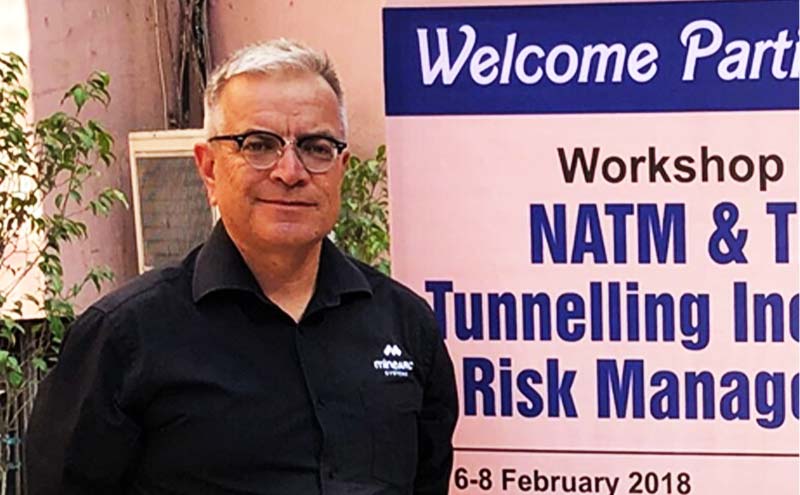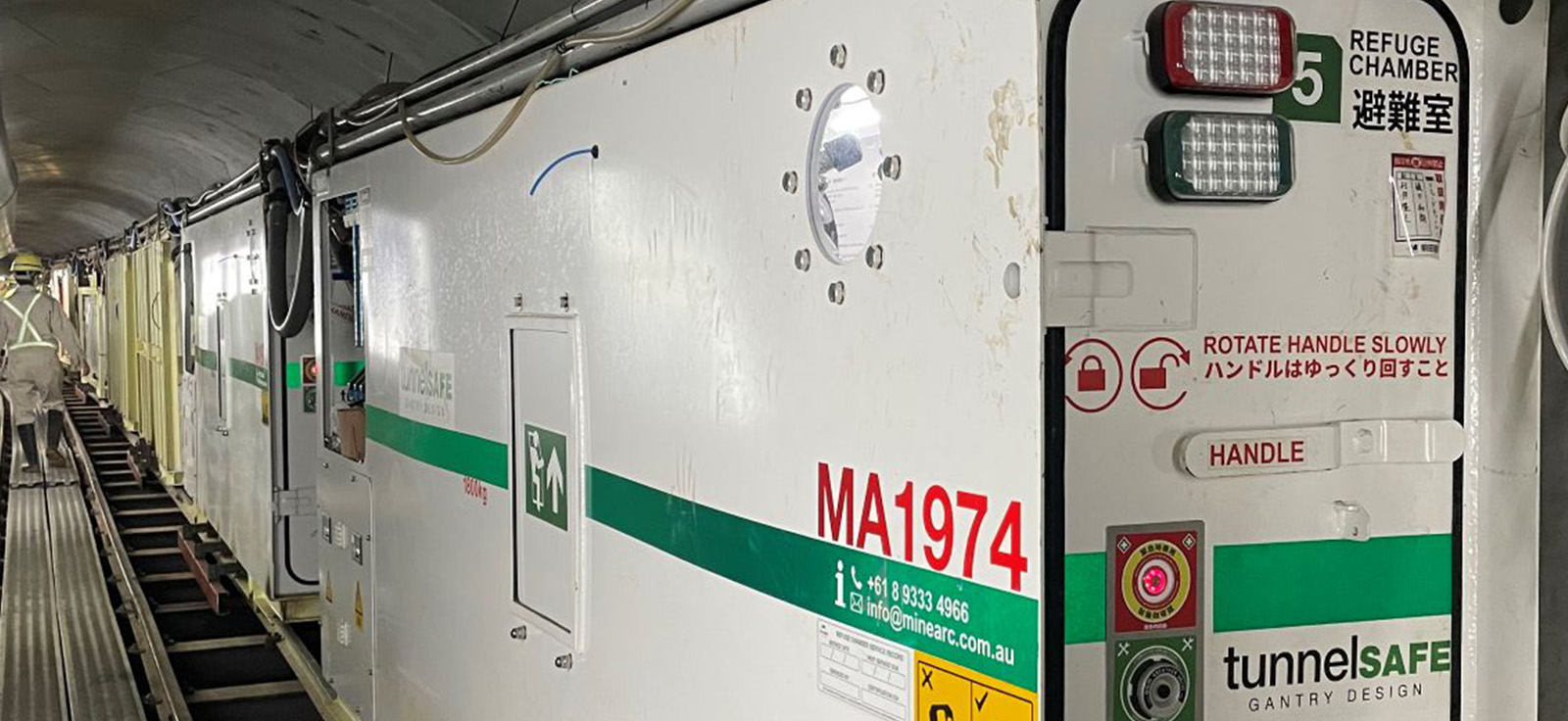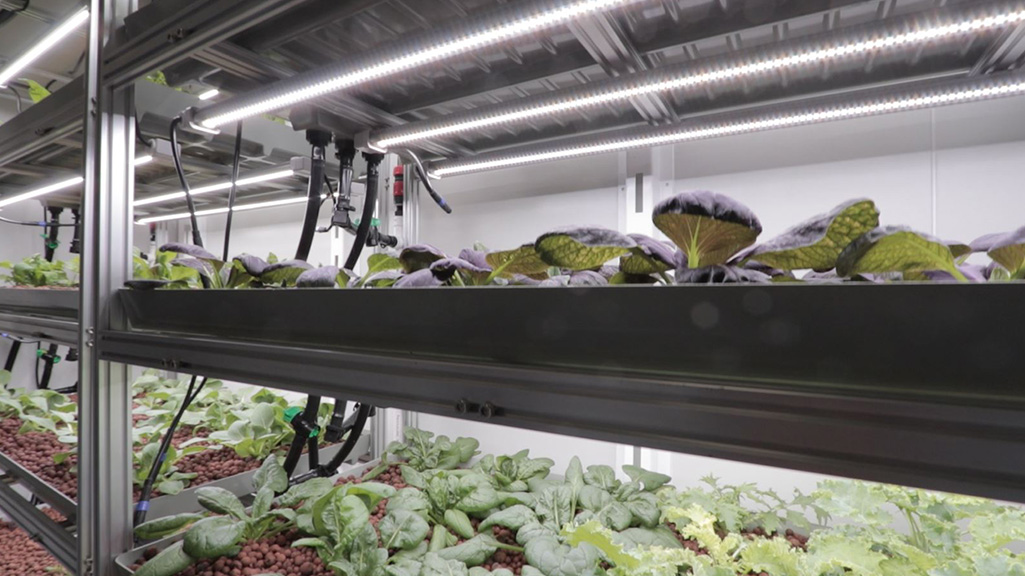The Central Board of Irrigation and Power (CBIP), India, recently held a workshop on New Austrian Tunnelling Method (NATM) and Tunnel Boring Machine (TBM) tunnelling, specifically focusing on risk management and the issues and challenges within the region.
The workshop’s objective was to further educate tunnelling professionals by providing insights into the conventional and mechanised methods of building a tunnel and the current technological developments. Further to this, the event delved into the principles of risk management, its importance in a project, and the influential role of management.
Risk management is an ongoing issue in India. Due to its tectonically active surrounds, underground works across the Himalayas and throughout India can pose many additional risks. Particularly in tunnelling, as projects encounter several geological problems such as shear zones, excessive temperature, and stress. (Tiwari, A. et al. 2012)
The framework of the event highlighted India’s progression towards better practices in both safety and development. The inclusion of internationally respected speakers and leaders in the European field of tunnelling demonstrated the country’s proactive approach to safety and risk management and the resulting growth of the market. Although an inexperienced market, there are definite changes in place that are working to enhance the capability and knowledge of project managers, engineers and the workforce.
The investment CBIP has in the expansion and advancement of India’s tunnelling industry is demonstrated in the workshop’s success. MineARC respects the positive steps organisations are taking to ensure the safety of a project and its workforce.








